Body art has become an increasingly popular form of self-expression in today’s society, and tattoos have particularly gained recognition as both a permanent cape of identity and an intriguing example of creativity. With the newfound appreciation for this form of body modification, many curious minds often turn to one important question: How old do you have to be to become a tattoo artist? This blog post will explore the answers to this question while also detailing what specific steps need to be taken depending on age in order to break into this growing industry.
Significance of Age Requirements in Tattooing
Age requirements in the tattooing industry are of critical importance, primarily due to the professional and legal implications involved. As tattooing involves physical alteration and requires a high level of responsibility, it is generally considered a profession strictly for adults.
There are several reasons behind this. Firstly, the process of tattooing requires a high degree of precision, skill, and understanding that typically comes with maturity and life experience. It involves using a rapidly moving needle to insert ink beneath the skin’s surface, a process that can have permanent consequences and hence demands a level of responsibility often associated with adulthood.
Secondly, the legal aspect cannot be ignored. In many jurisdictions, providing a tattoo service to minors or being a minor providing such services can lead to serious legal repercussions. This is primarily because minors may not fully comprehend the permanence of a tattoo and the potential health risks involved. Therefore, to ensure the safety of both parties, many countries and states have established a minimum age requirement for tattoo artists.
Moreover, the tattoo industry is also about interpersonal interactions. Tattoo artists often find themselves in the position of listening and empathizing with their clients’ stories and reasons behind their tattoo choices. Such emotional maturity and the ability to handle sensitive conversations is another reason the tattooing profession usually calls for a specific age requirement.
In conclusion, while age in itself doesn’t determine an individual’s ability to tattoo, it plays a significant role due to various professional, legal, and ethical reasons. It serves as a regulatory measure to ensure that the individuals entering this profession are adequately prepared and responsible enough to handle the intricacies and potential risks associated with tattooing.
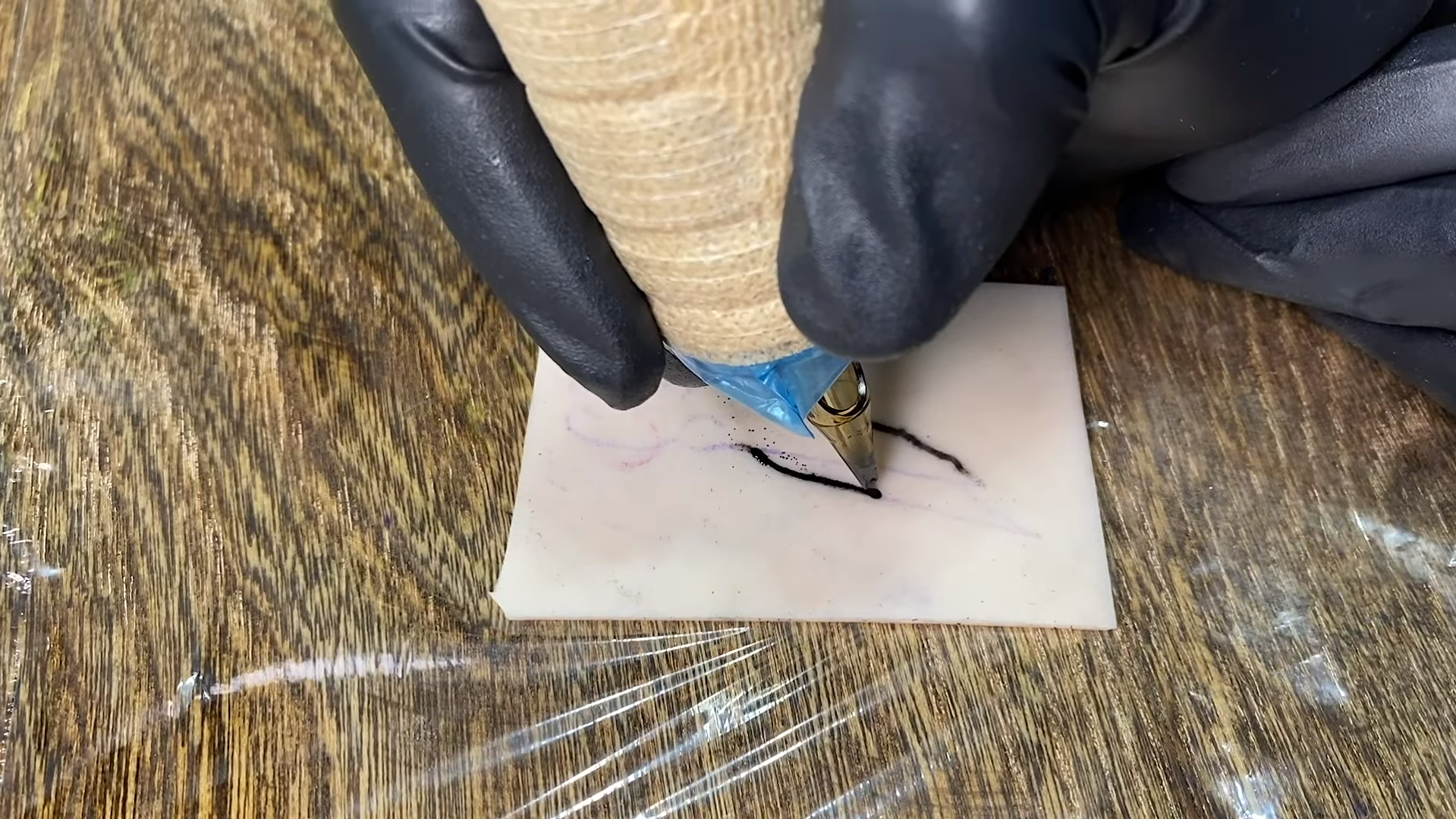
Overview of the Tattooing Profession
The tattooing profession is a diverse and dynamic field that blends artistry, customer service, and technical skills. Tattoo artists are often seen as craftsmen who turn personal stories and emotions into tangible, permanent art. It’s a job that demands not only talent and creativity, but also a deep understanding of hygiene practices, skin types, and the ability to guide clients in choosing designs that suit them.
Tattoo artists usually begin their journey with a keen interest in art and drawing. This is essential because, fundamentally, tattooing is about creating art on the skin. It requires a certain level of artistic ability to create designs that are aesthetically pleasing, unique, and reflect the personal story or intent of the client.
In terms of work environment, tattoo artists may choose to work in established studios, set up their own space, or even travel as guest artists in various studios around the world. A tattoo studio is more than just a workplace; it’s a space where artists can express their creativity, interact with clients from all walks of life, and constantly grow and evolve in their craft.
The job also requires excellent interpersonal skills. Tattoo artists often interact with clients who are marking significant life events, personal losses, or milestones with their tattoos. As a result, they must be empathetic listeners and thoughtful advisors, helping clients choose designs and placements that they’ll be happy with for years to come.
Lastly, it’s important to remember that the tattooing profession is not just about artistry. It’s also about understanding safety and health regulations. Tattoo artists must adhere to strict sanitation and cleanliness norms to prevent infections and ensure the overall well-being of their clients.
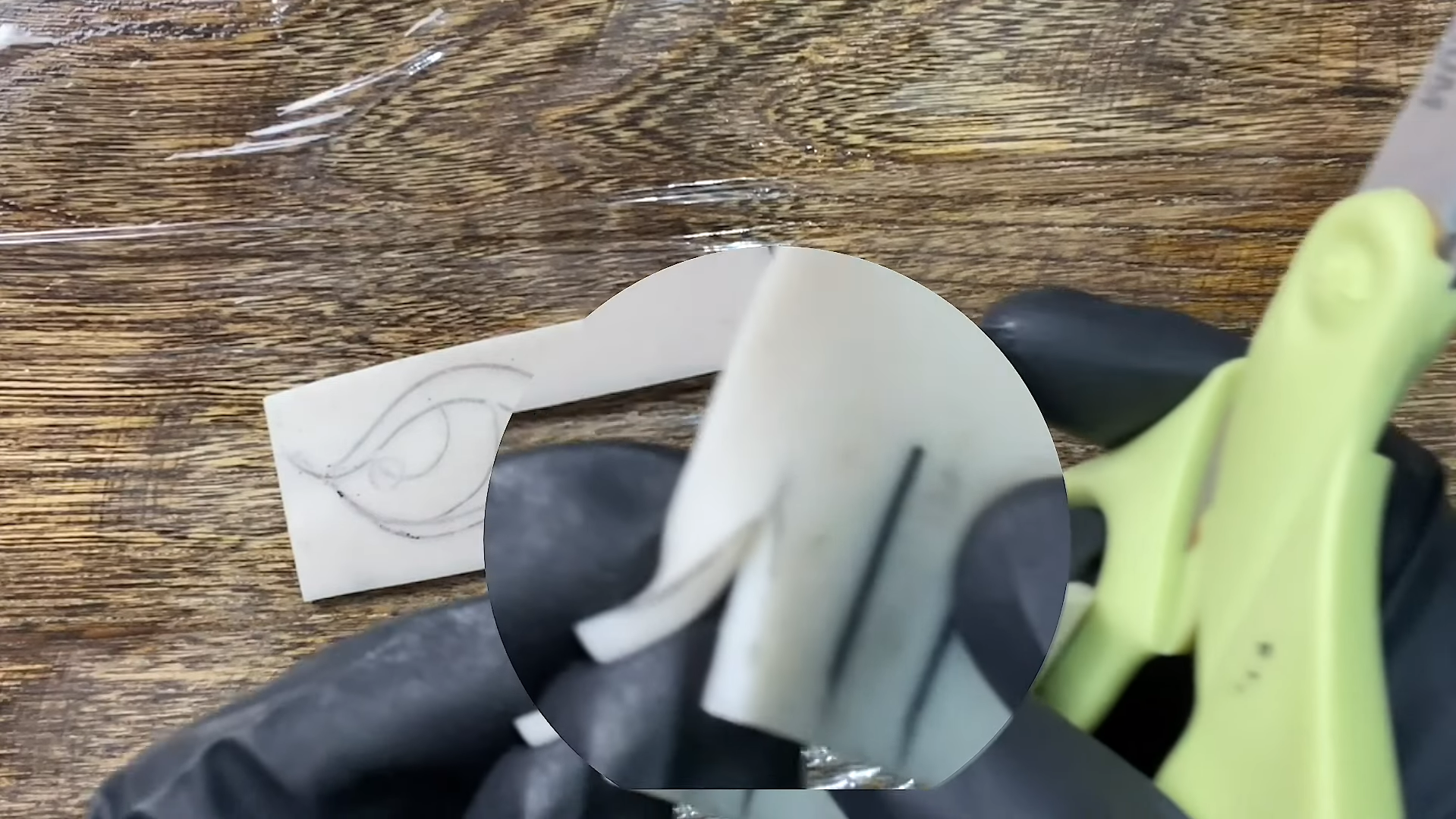
Legal Age Requirements for Tattoo Artists
The age prerequisites for tattoo artists differ significantly among countries and states, typically corresponding with the age of majority or legal adulthood. Consequently, in the majority of locations, individuals are required to be a minimum of 18 years old in order to pursue a career as professional tattoo artists. [1] However, this isn’t always strictly the case, and some jurisdictions may permit younger individuals to engage in tattooing under certain conditions or with specific safeguards.
In the United States, for example, the age requirements for tattoo artists are largely determined by individual state laws. While most states set the minimum age at 18, some allow individuals under this age to tattoo under the supervision of a licensed adult artist or with parental consent. It’s worth noting that in addition to age, many states also require tattoo artists to complete specific training or certification in bloodborne pathogen and infection control practices.
In Australia, the age of consent for tattoos is also 18. However, some states like Queensland allow tattooing minors if they have written parental consent. To become a tattoo artist, one must be at least 18 years old and hold a tattooist license, granted after completing specific training and demonstrating a thorough understanding of infection control procedures.
It’s important for anyone considering a career in tattooing to carefully research the legal requirements in their area, not only about age but also licensing, training, and sanitation requirements. Ignorance of these laws could potentially lead to hefty fines, loss of licensure, or even criminal charges.
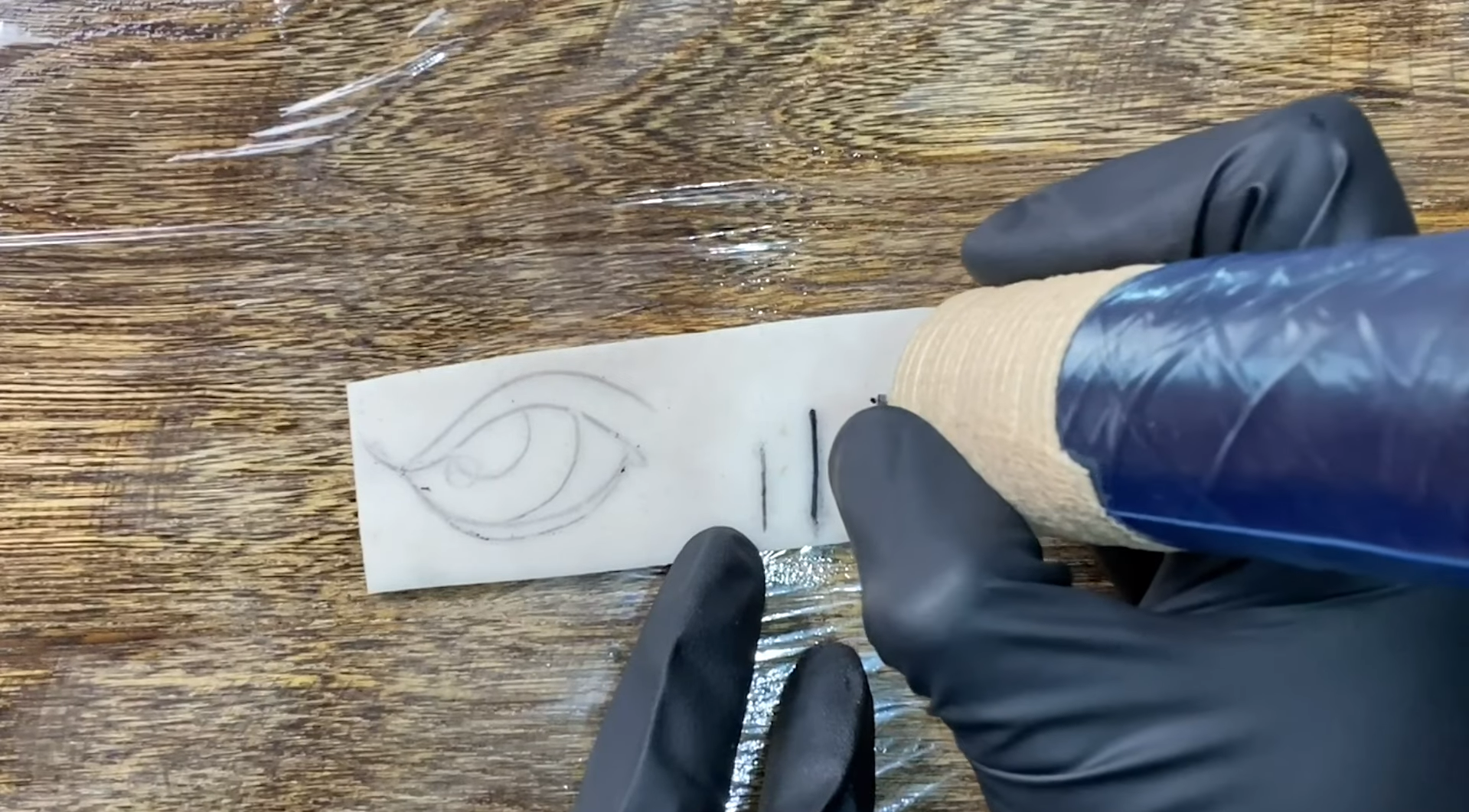
Minimum Age to Begin Tattoo Apprenticeship
The minimum age to begin a tattoo apprenticeship, much like the legal age to become a professional tattoo artist, tends to align with the age of majority or legal adulthood in many jurisdictions. This generally means that individuals need to be at least 18 years old to start an apprenticeship in tattooing.
Furthermore, an apprenticeship in tattooing involves learning to handle and manage professional-grade equipment, including needles and tattoo machines, which can cause harm if not used correctly. This, combined with the fact that the apprentice will be learning to create permanent artwork on real human skin, implies a significant level of maturity and responsibility.
In addition to the age restriction, many jurisdictions also require individuals to have certain qualifications, such as a high school diploma or equivalent, before they can start an apprenticeship. This is because the profession requires knowledge in areas such as cross-contamination, infection control, and skin diseases.
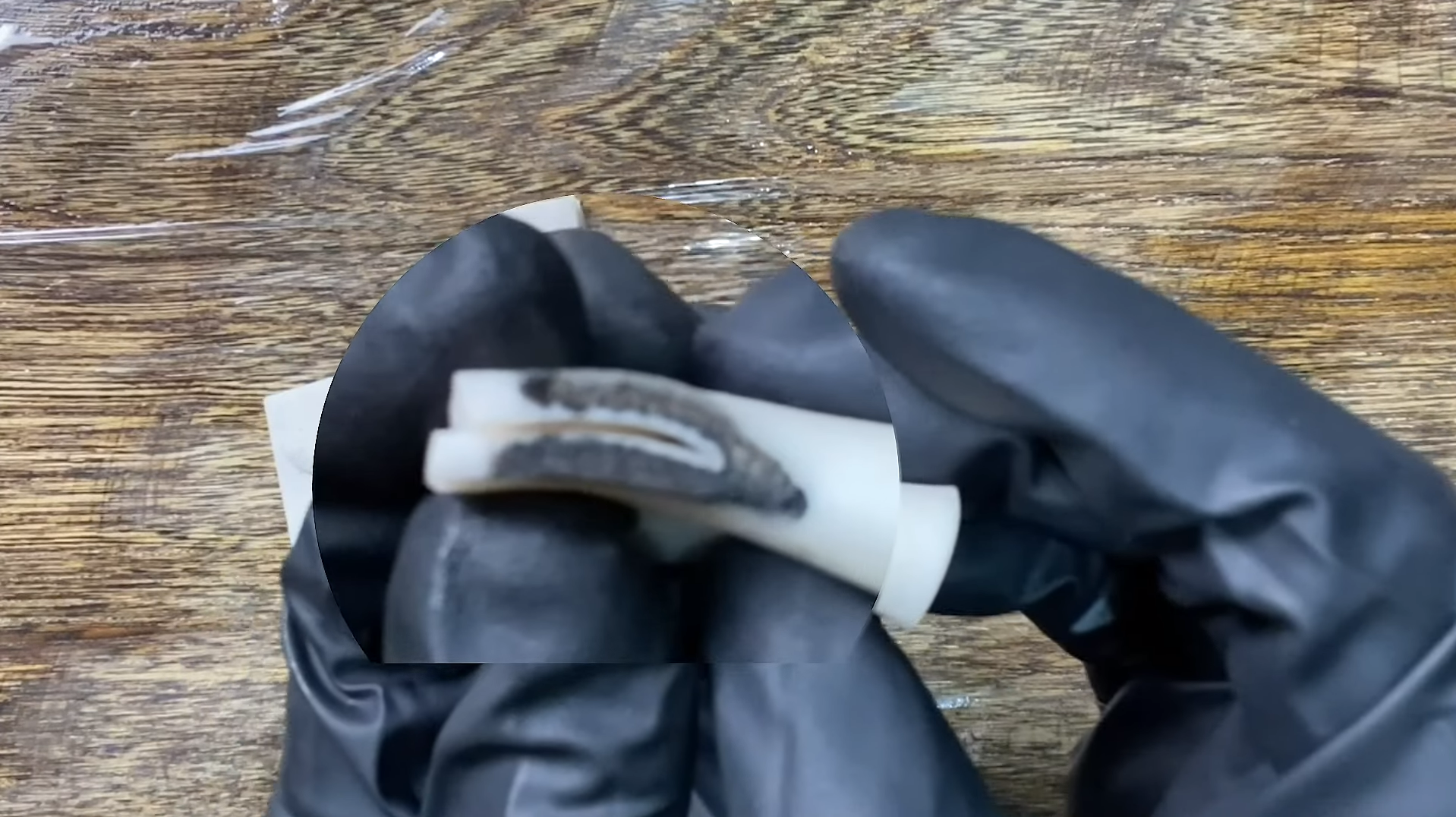
Age-Related Challenges and Considerations
While age is a crucial factor in becoming a professional tattoo artist, it does not come without its unique challenges and considerations. One of the primary challenges relates to physical stamina. Tattooing is a physically demanding job that requires long working hours, often in the same position. Younger artists may have the advantage of flexibility and endurance, but they must be aware of the potential for physical strain and the importance of maintaining health and fitness.
Another key challenge is emotional maturity. Although a young artist may have the required technical skills, the emotional maturity to handle difficult situations or client interactions may not be fully developed. For instance, dealing with unhappy clients, understanding clients’ emotional connection to their tattoos, and maintaining professional relationships require a level of maturity that often comes with age and experience.
There are also age-related considerations to be aware of when it comes to learning. Younger individuals may find it easier to grasp new techniques or adopt emerging trends in the industry. Meanwhile, older artists may need to invest more effort to keep abreast of the ever-evolving tattooing techniques and trends.
Lastly, age can also impact the legal and ethical aspects of the profession. Younger individuals may be more susceptible to making uninformed decisions due to a lack of experience, leading to potential legal issues. Additionally, they must be prepared to deal with the ethical considerations involved in tattooing, such as refusing service to minors or individuals who appear intoxicated.
How To Become A Tattoo Artist
Embarking on a career as a tattoo artist involves several steps, each of which equips the aspiring artist with the skills, knowledge, and experience required to thrive in this profession. The process is not simply about developing artistic ability; it also encompasses understanding the industry’s stringent hygiene and safety standards, mastering the use of tattooing equipment, and building a strong, diverse portfolio.
The journey to becoming a professional tattoo artist also includes internal growth, such as developing patience, emotional resilience, and interpersonal skills, which are critical for dealing with a wide variety of clients and scenarios in the tattoo studio. Let’s delve into the key steps involved in this fascinating career journey.
How Much Does It Cost?
The cost of becoming a tattoo artist can vary significantly based on a number of factors. Here are a few primary expenses to consider:
- Education and Training. Tattooing is a specialized skill that requires professional training. The cost of a tattoo apprenticeship can range widely, from $1,000 to $5,000, and sometimes even more. [2] Some apprenticeships are unpaid, which means you may need to have additional income to support yourself during this period.
- Equipment. Professional tattoo equipment is another prominent expense. A good quality tattoo machine can cost anywhere from $200 to $600. Other necessary equipment such as needles, inks, gloves, and cleaning supplies will also add up.
- Licenses and Certifications. Depending on your location, you may need to obtain a tattooing license. The cost for this can vary but expect to pay around $150 to $600 annually. Additionally, some areas require tattoo artists to complete training courses in bloodborne pathogens and cross-contamination.
- Studio Rent. If you’re planning on opening your own tattoo studio, you’ll also need to consider the cost of rent, utilities, and insurance. This could be several thousands of dollars per month depending on your location.
- Continuing Education. Tattoo techniques and trends are constantly evolving. To stay competitive, you may need to invest in continuing education, such as seminars, workshops, or online courses. The cost of these can vary widely.
In conclusion, the total cost to become a tattoo artist can range from a few thousand dollars to tens of thousands of dollars, depending on various factors. It’s important to remember that tattooing is a serious commitment and requires a significant investment of both time and money. Being financially prepared can help you focus on developing your skills and building a successful career in this unique and rewarding field.
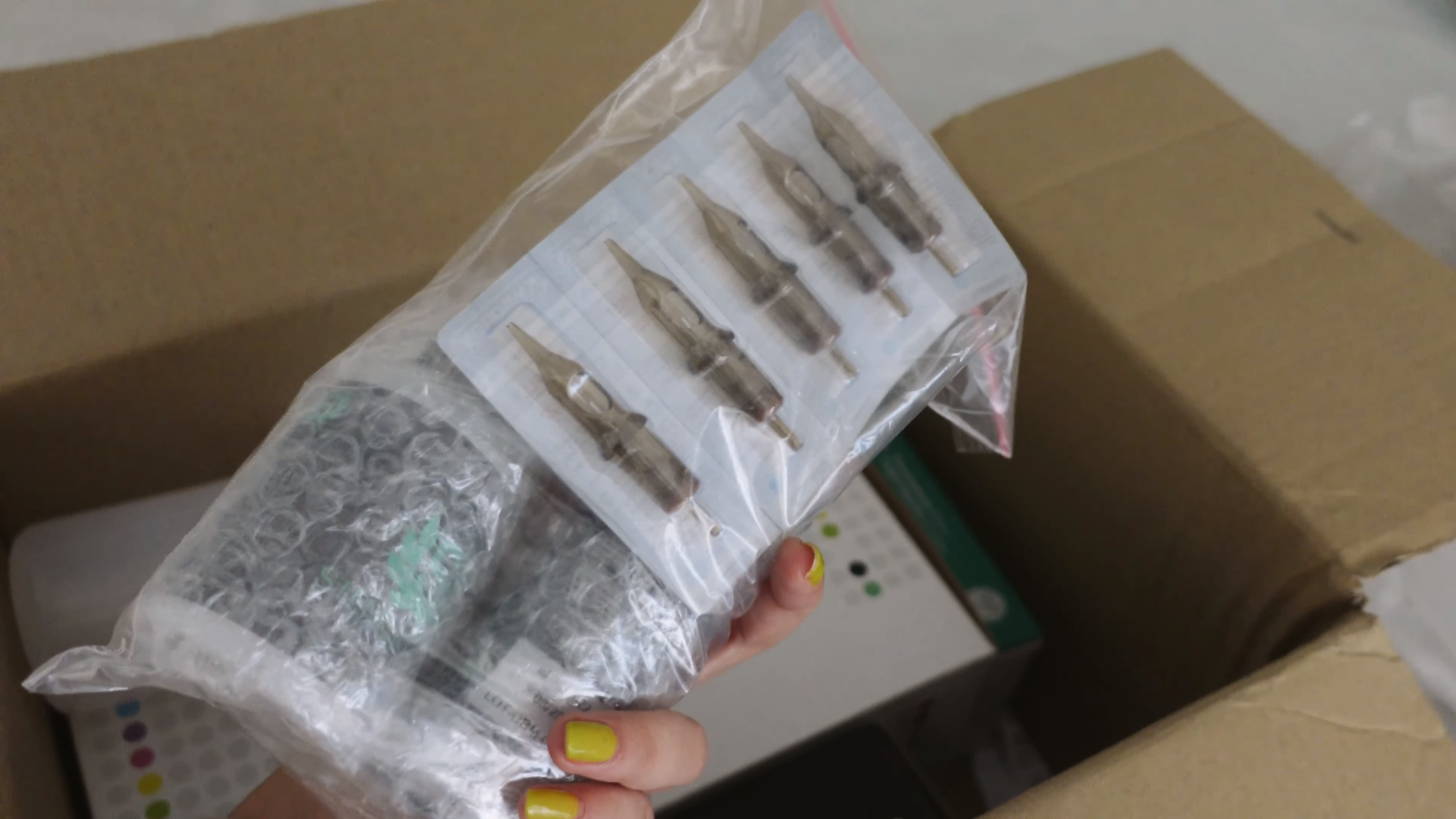
Some Natural Talent Is Needed
While it’s true that learning the technical skills of tattooing is crucial, natural artistic talent is also a significant advantage in this profession. This innate ability can manifest in numerous ways, from having a keen eye for color and composition to possessing a unique creative vision or a knack for drawing on different surfaces, even those as challenging as human skin.
It’s important to remember that natural talent can give you a head start, but cultivating a strong work ethic, patience, and a thirst for knowledge are equally, if not more, critical in this profession. After all, tattooing is not merely an art—it’s a craft that demands dedication, precision, and a deep respect for both the medium and the canvas.
This underscores the importance of having a passion for tattooing, as this drives the motivation to constantly improve and innovate. It fosters a willingness to learn from both successes and mistakes, as well as a readiness to embrace the ever-evolving trends and techniques in the tattoo industry. In essence, while natural talent is a valuable asset, it is the combination of this talent with hard work, resilience, and a ceaseless desire to learn that truly defines a successful tattoo artist.
Do You Need Any Credentials to Work as a Tattoo Artist?
Becoming a professional tattoo artist requires more than just artistic talent and technical skills. In many cases, it is necessary to hold certain credentials, largely dependent on the regulations of the area in which you plan to work.
The most basic requirement in most jurisdictions is the completion of a tattoo apprenticeship under a licensed professional. This hands-on training varies in length but typically lasts around two years. It ensures that the artist is thoroughly familiar with the intricacies of the tattooing process, from machine setup and use to proper hygiene and safety protocols.
In addition to an apprenticeship, many regions require tattoo artists to hold a Tattoo Artist License. [3] The requirements for obtaining this license can vary but typically include being at least 18 years old, having completed a specified number of hours of supervised training, and passing a licensing examination that tests knowledge of safety procedures and regulations relevant to the profession.
Lastly, a First Aid and CPR certification is also commonly required. These qualifications are critical as they can help the artist effectively respond to any emergency that could occur in the studio. [4]
Frequently Asked Questions
How old should a tattoo artist be?
While the specific age requirement can vary depending on local regulations, a tattoo artist generally needs to be at least 18 years old. This is the age at which you’re legally able to give consent, which is necessary due to the invasive nature of the tattooing process. However, bear in mind that being of legal age is just one aspect of readiness; becoming a professional tattoo artist also requires the right training, skills, and maturity to handle the responsibilities that come with the job.
What is the youngest age to be a tattoo artist?
The minimum age to start working as a tattoo artist typically aligns with the age of majority, which is usually 18 years old in many jurisdictions. However, this doesn’t mean that younger individuals cannot start honing their artistic skills and learning about the tattoo industry. While they may not be able to tattoo clients, they can immerse themselves in the art form, start their drawing portfolios, and even attend workshops or seminars. This foundational groundwork can then be developed further once they reach the legal age to start a tattoo apprenticeship. As always, it’s important to check the specific regulations in your local area, as these can vary.
Can I get a tattoo if I’m 16?
Whether a 16-year-old can get a tattoo largely depends on the regulations in their specific locale. In some regions, it’s legal for a person under the age of 18 to get a tattoo with parental consent. However, other jurisdictions strictly prohibit tattooing under-18s, even with parental permission. It’s crucial to check local laws and regulations to ensure compliance. Additionally, many professional tattoo studios have their own policies and may refuse to tattoo minors, irrespective of legal provisions. As always, safety and legality should be the paramount considerations when deciding to get a tattoo.
How old do you have to be to become a tattoo artist in the UK?
In the United Kingdom, there is no statutory age requirement to become a tattoo artist. However, the industry standard is that you must be at least 18 years old. This is mainly due to the need for an artist to give informed consent, which is legally recognized at the age of 18 in the UK. Additionally, the artist should have completed a tattoo apprenticeship, usually under a licensed professional, which can last up to 5 years. As of now, there is no required certification to become a tattoo artist in the UK, but artists must register with their local council and follow the bylaws and health and safety guidelines specific to their area.
Who is the 12-year-old tattoo artist?
Ezrah Dormon, also known as “The Shark”, is a young tattoo artist who gained notable attention in the industry at the age of 12. Based in Panama City, Ezrah began his journey in tattooing under the mentorship of his mother’s tattoo artist, Ali Garcia. He first tried his hand at inking during one of his mother’s sessions, and his talent and passion for the craft soon led him to become an apprentice at Garcia’s tattoo studio. Despite his age, Ezrah has shown exceptional skill and dedication, making a name for himself in the tattoo community. He continues to hone his craft while balancing his education, aiming to become a full-time professional tattoo artist in the future.
Useful Video: How To Start Tattooing For Beginners 2023 (Step By Step Guide)
Conclusion
To conclude, the journey to becoming a professional tattoo artist is a challenging yet rewarding one, requiring dedicated effort, time, and continuous learning. The regulations and age requirements can vary widely depending on the specific location, highlighting the importance of thorough research and understanding local requirements. While the path may differ for everyone, a common thread is the passion for art, the commitment to safety regulations, and the strong desire to create meaningful, lasting works of art on the human body. Aspiring artists must always remember – mastery of this craft goes far beyond the legal age limit, it is a lifelong journey of learning and growth.
References:
- https://cpdonline.co.uk/career-guides/how-to-become-a-tattoo-artist/
- https://tattooing101.com/learn/costs/
- https://www.wikihow.com/Become-a-Tattoo-Artist
- https://www.collegeconsensus.com/certificates/what-certificate-do-you-need-for-tattooing/





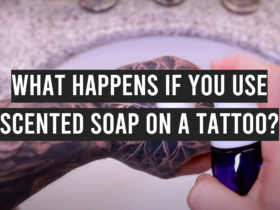
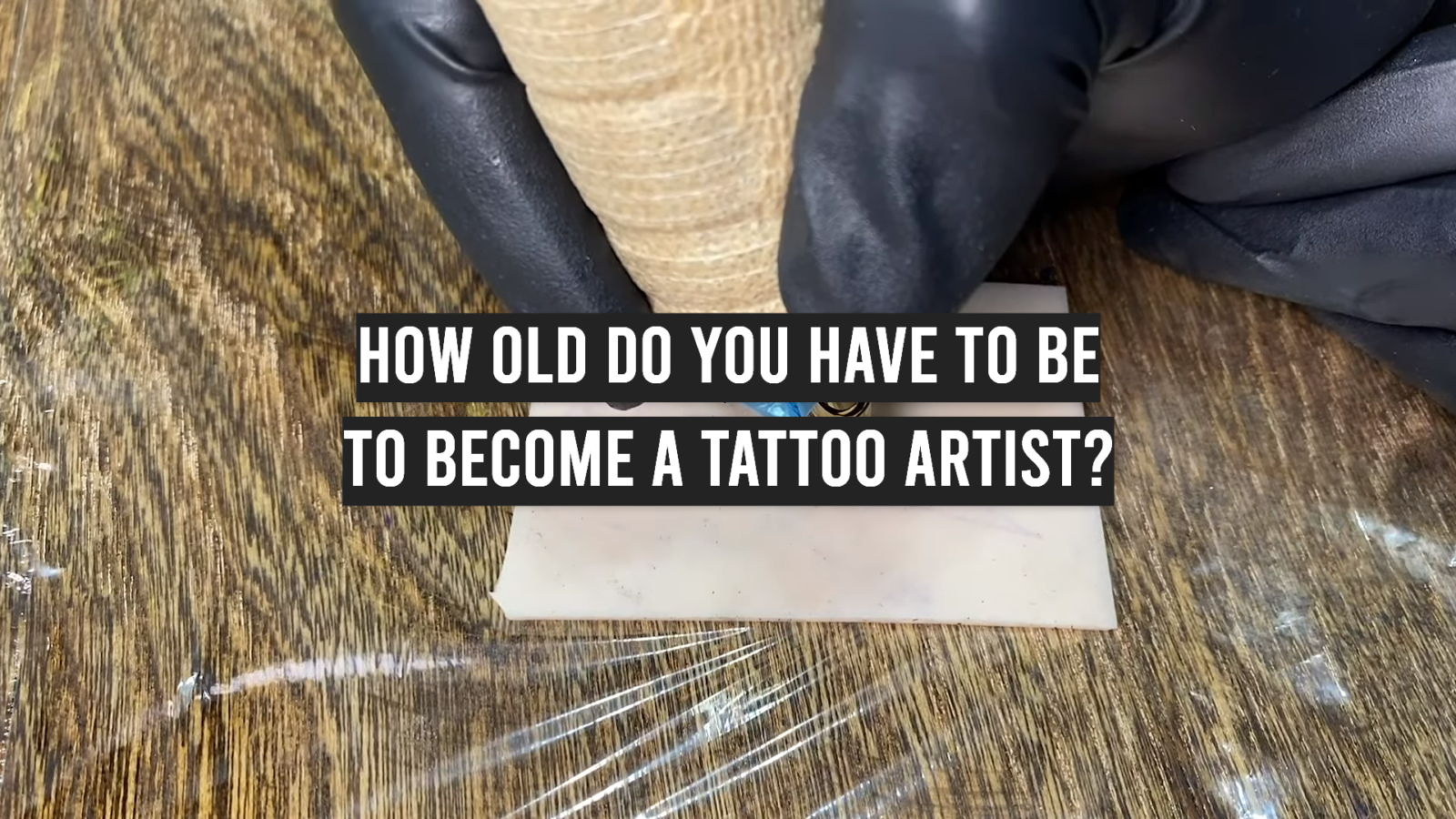
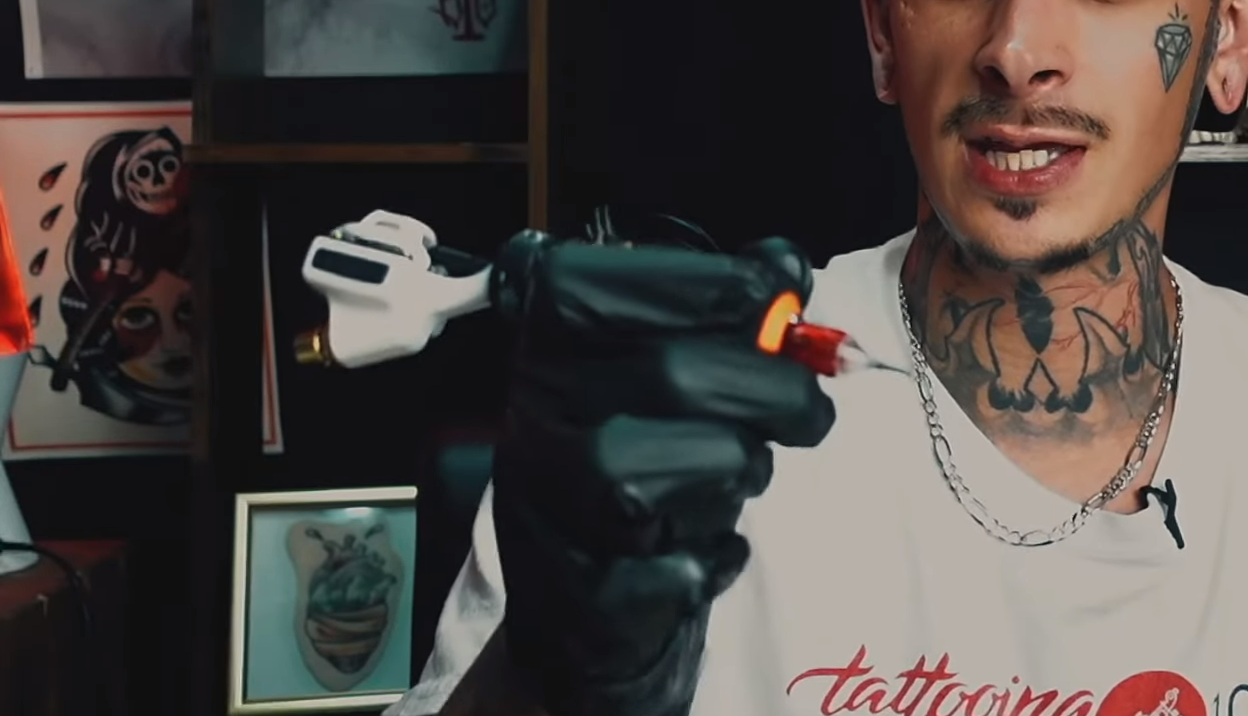

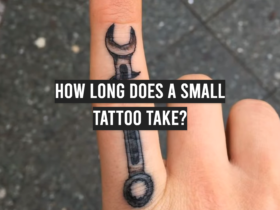


Leave a Review